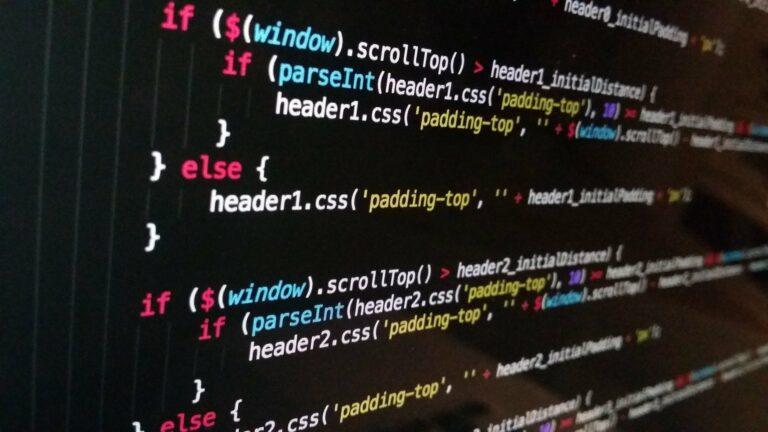Development activity on the Cardano ($ADA) network has kept growing throughout June, to the point that its GitHub reached 13,000 commits ahead of the long-awaited Vasil hard fork.
According to data from Cardano Blockchain Insights shared by a social media account managed by the Cardano Foundation, a non-profit organization supporting the Cardano ecosystem, in June, all Cardano repositories saw heightened activity as developers prepare for the upcoming hard fork.
Meanwhile, the number of wallets on the network rose 1.8% to 3.42 million, while the number of transactions rose 5.44% to 44.8 million. Similarly, the number of native assets deployed on Cardano rise 6.46% to 5.4 million. These are deployed across 57,000 policies.
According to Cardano’s documentation, minting policies are a “set of rules that govern the minting and burning of assets scoped under that policy.” Native tokens themselves are bespoke assets that can be interacted with “right out of the box – without the use of smart contracts.” The network’s documentation notes native assets can “practically be treated as ADA in every sense because the capability is already built-in.”
According to Binance Research data, GitHub contributions for Cardano have also been growing over time and now stand close to 227,000 in total. The network surpassed 5 million native assets in late May of this year, it’s worth noting.
The development activity, which tracks “the number of GitHub events that the project organization generated” has surpassed that of other major cryptocurrencies, including Ethereum ($ETH) and Solana ($SOL).
Cardano’s development activity high comes ahead of the launch of the Vasil hard fork, which is expected to deliver a “massive performance improvement” to the cryptocurrency’s network. The hard fork is a significant upgrade that will involve four Cardano Improvement Proposals (CIPs).
The Vasil fork has already seen ADA outperform numerous other cryptocurrencies, even amid a wider cryptocurrency market downturn exacerbated by the collapse of the Terra ecosystem. The Vasil hard fork was delayed until later this month because of that collapse, as the team working on it decided to be extra cautious.
Image Credit
Featured image via Pixabay








